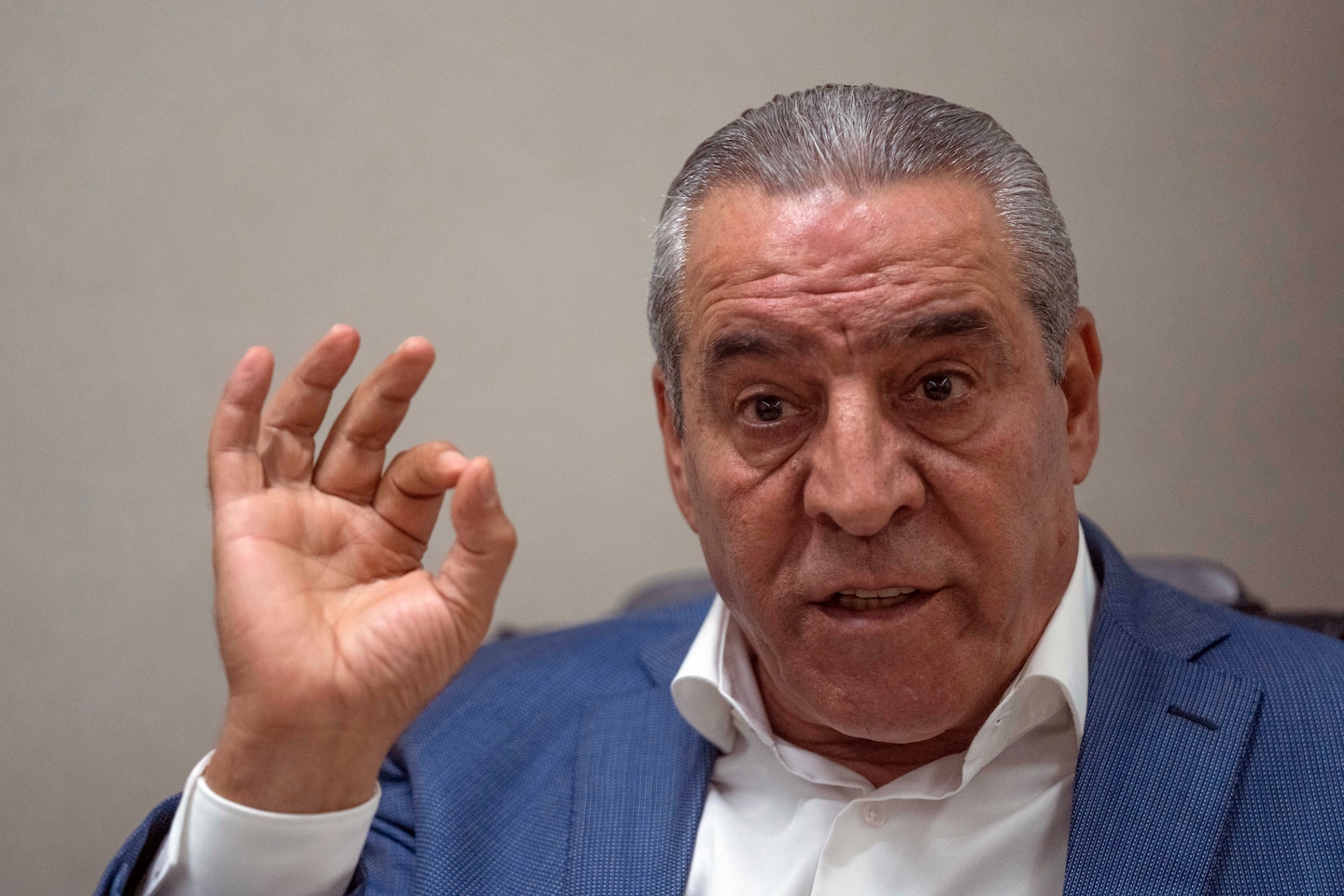The embattled leader has not designated a successor, and last year he called off what would have been the first Palestinian parliamentary elections in 15 years.
The recordings were released by a news website run by the militant Hamas group, the bitter rival of Abbas’ Fatah party.
Hamas ousted pro-Abbas forces and took over the Gaza Strip in 2007, leaving him confined to the Israeli-occupied West Bank. It was not known when the recordings were made, who made them or how Hamas obtained them.
The exact context of the conversations also wasn’t clear. But al-Sheikh is repeatedly heard complaining about Abbas and denigrating other potential contenders for the presidency.
Al-Sheikh is a senior official who holds the powerful position of overseeing day-to-day relations with Israel. He also was named this year as secretary-general of the Palestine Liberation Organization, raising speculation that Abbas was grooming him for the presidency.
Abbas, who was elected for what was supposed to be a four-year term in 2006, has grown increasingly unpopular during his years in office. He is widely seen as autocratic and out of touch with his people, and he shares blame for years of failed, on-and-off peace negotiations.
Charges of corruption inside the PA, its close security coordination with Israel, its failure to stop Israel’s daily military operations in Palestinian-administered areas of the West Bank and measures to squeeze Hamas in Gaza — worsening conditions for its 2.3 million residents — have also contributed to his unpopularity.
’Throughout the recording al-Sheikh refers to Abbas with a series of profanities.
In another section of the more than 3-minute audio, al-Sheikh says Abbas “is a partner in the chaos and has an interest for it to remain.”
It was not clear if al-Sheikh was referring to the recent months of Israeli-Palestinian violence in the occupied West Bank, or protests against Abbas’ Palestinian Authority following the death of a prominent critic in Palestinian custody in 2021.
The sounds of the audio rewinding and forwarding are heard, suggesting they were edited and perhaps be taken out of context. Neither Abbas nor al-Sheikh’s office responded to inquiries for comment.
Al-Sheikh continues to say that Abbas is worried about the attention Israel and the U.S. administration have shown to some leading politicians. He accuses senior security officials of being involved in planning for the post-Abbas era.
In an interview with the Associated Press in June, Al-Sheikh declined to say whether he wants to succeed Abbas.
He said the next president should be chosen through elections, but that they could only be held if Israel allows voting in all of east Jerusalem, effectively giving it a veto over any alternative elected leadership.



